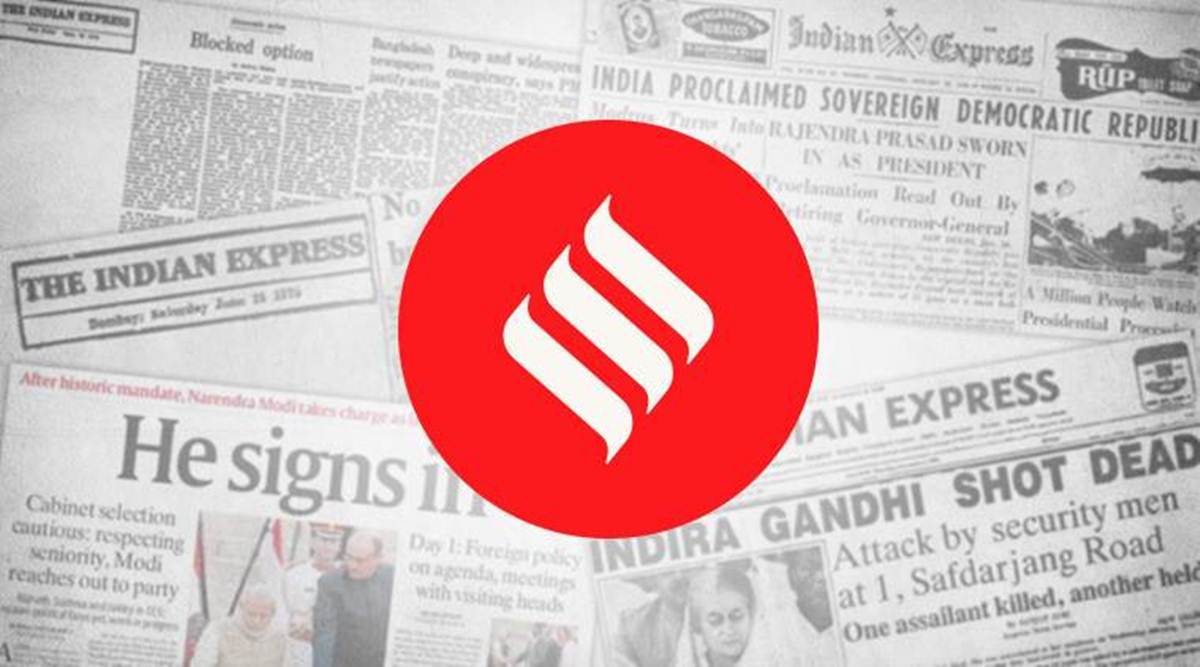 On Day 2 of the session, Union Defence Minister Rajnath Singh made a statement in Parliament on the situation in Ladakh.
On Day 2 of the session, Union Defence Minister Rajnath Singh made a statement in Parliament on the situation in Ladakh.Before the start of the truncated Monsoon session of Parliament, Prime Minister Narendra Modi said “this Parliament, particularly this session, has a special responsibility”. The PM is absolutely right, this Parliament does have a greater task — but that task and responsibility is not just what the PM says it is, “… to send out a unanimous message that the entire country stands behind its armed forces… with one voice”. It goes beyond that. Even as Parliament closes ranks behind the armed forces on the front, fighting to protect India’s territorial integrity, the House must open its doors wider to debate and discussion on important issues that confront this country, including the face-off with China, and to questions that seek to hold the government to account. In fact, it could even be said that the special task of this session of Parliament, held amid hostilities on the border and a public health emergency, is to ensure that spaces for disagreement and diversity and difference, and for the thrust and parry of politics, are not cramped and constricted by the invocation of the figure of the soldier and the accompanying calls for submission and silence, or by demands of undue deference to the pandemic. In a crisis, especially in a crisis, it is essential for Parliament to talk things out loudly and freely.
On Day 2 of the session, Union Defence Minister Rajnath Singh made a statement in Parliament on the situation in Ladakh. He applauded the armed forces for their patience and resolve, their courage and valour, and said that India is prepared to deal with all contingencies. But there is much more to be asked and answered, and the issue’s sensitivity must not become a cloak or a pretext to ward off questions. The people’s representatives owe it to the people to seek information, and to deepen deliberation on a consequential matter. Indeed, there is an important tradition of all-party meetings where the government addresses the Opposition’s questions, especially on issues of diplomacy and national security. Even apart from China, there are discussions that must not be delayed on the economy, which was already slowing down and is now weighed down by a record contraction, a surging viral load and destruction of demand. The absence of safety nets for migrants, who fled back home because they lost their livelihoods in the lockdown, and who are slowly making their way back to the cities again, needs to be addressed by Parliament, as also the continuing spread of the pandemic and the need for a response to it.
These are not happy times for legislatures in general. The world over, the outbreak of COVID-19 is strengthening executive power and weakening countervailing institutions and checks and balances. In a time like this, more so when Question Hour has also fallen victim to the virus, Parliament needs to safeguard its argumentative and deliberative spaces against all efforts to curb or still them, in the name of patriotism or the pandemic. Through the mask and across the distance, the Opposition has to make itself heard — and has to be heard.
📣 The Indian Express is now on Telegram. Click here to join our channel (@indianexpress) and stay updated with the latest headlines
For all the latest Opinion News, download Indian Express App.